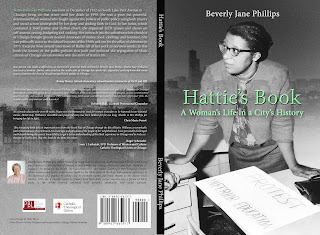Wikipedia and democratization of scholarship
I have given a tiny bit of thought to democratization of scholarship and how it fits into the concept of scholarly sustainability, just enough to realize that I'd like to give a lot more attention to the thought (but it is the first week of classes!). Yesterday's article in IHE on Wikipedia for Credit demonstrates so many of the narrow views that are holding up the forward movement of scholarship and need to be debunked.
Some people have an overly romanticized view of print encyclopedias. Just go hear a couple of encyclopedia editors talk about the process and you will lose that view forever. Yes, some encyclopedia articles are written by the great thinkers in the field, others are sloughed off to any student they can get to work on it. Sometimes writers for encyclopedias show extreme bias; sometimes they cannot be bothered with doing any updating of the subject they are assigned. Print encyclopedia articles need to be evaluated just as much as Wikipedia!Librarians teach this all the time.
Profs sometimes seem to think it is Wikipedia's fault that students use Wikipedia as a source in their bibliographies. No, if profs do not allow the use of encyclopedias as a source then Wikipedia should be excluded also. Using an encyclopedia is a time-honored way of finding preliminary information about a topic one knows little about, then using that information to move onto the research in books and journal articles. It's what librarians teach all the time! As long as it is evaluated, Wikipedia can be a great resource for this preliminary work, often having a short bibliography leading to major works depending on the topic the article covers.
Several quotes from Alan Liu, an English prof at Univ of Calif and blogger set my teeth on edge, though I agree with most of what he says.
Much remains to be hashed out between academics and the general public as far as working out such "standards of collaboration," he said, to resolve the tension between the academic value of peer review and the social media value of crowd-sourcing.
However, in his words, "experts"="academics"; "crowd"="non-academics." No, again, no matter who is writing, the work needs to be evaluated! I have a personal story of belonging to an organization for the promotion of a certain British writer's works. The British writer wrote over 30 works in a series and most members of the organization have read the entire series several times. (I don't want to admit how many times I have read them!) Once an academic gave a presentation about the British writer (in my opinion AS IF she were an expert) and she had not even read all the books once. Who is the "expert?"



Comments
Post a Comment